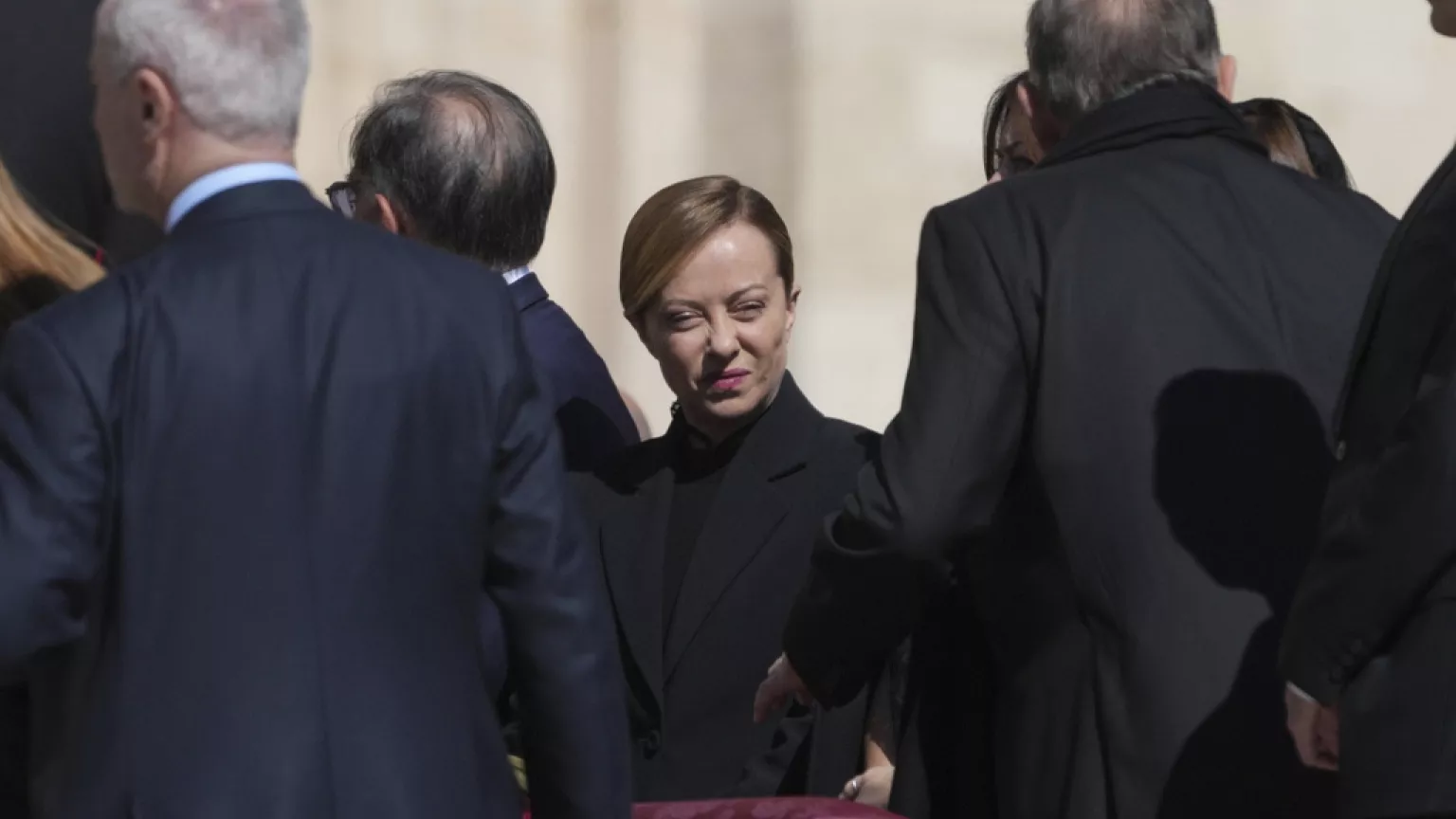Italy’s Prime Minister Giorgia Meloni met with French President Emmanuel Macron and Slovak Prime Minister Robert Fico this week, with the Ukraine war dominating the agenda. The meetings, held in Paris, come at a time when Europe faces mounting pressure to maintain unity in support for Kyiv amid growing fatigue and internal political divisions.
Ukraine War Dominates High-Level Talks
The top priority during the trilateral discussions was Ukraine. With Russia’s war dragging into its third year, the urgency to sustain European solidarity has never been higher. Meloni, Macron, and Fico discussed coordinated military aid, reconstruction efforts, and the next steps as Ukraine braces for another summer of fighting.
While Macron reaffirmed France’s firm backing of Ukraine, Meloni walked a careful line—emphasizing Italy’s continued support but also signaling sensitivity to domestic concerns over prolonged involvement. Robert Fico, more skeptical of military escalation, voiced his usual opposition to what he sees as a war with no clear endgame. His participation added a layer of complexity to the dialogue.
Meloni Balancing Diplomacy and Domestic Pressure
For Giorgia Meloni, the meeting served multiple purposes. Internationally, it reinforced Italy’s role in the EU’s leadership circle. Domestically, it allowed her to demonstrate a diplomatic approach while addressing growing unease at home about the economic consequences of the war.
Meloni’s stance is nuanced—she continues to support Ukraine but is increasingly vocal about the need for a “political solution” rather than indefinite military aid. Her tone contrasts with Macron’s more assertive rhetoric and underlines how EU leaders are recalibrating their messaging based on national pressures.
A Fragmented but Still Functional European Front
Despite differences in tone and strategy, the talks ended with a public show of unity. All three leaders agreed on the importance of keeping diplomatic channels open and avoiding internal fractures that could embolden Russia.
The meeting highlighted the evolving nature of European politics in wartime. Consensus is harder to maintain, yet still possible when key leaders are willing to engage in tough conversations. With elections looming in several EU countries, the political calculus around Ukraine is shifting. But for now, leaders like Giorgia Meloni are threading the needle between principle and pragmatism.



